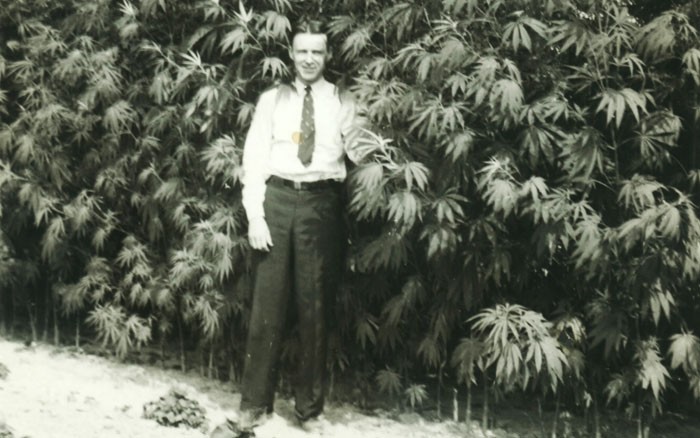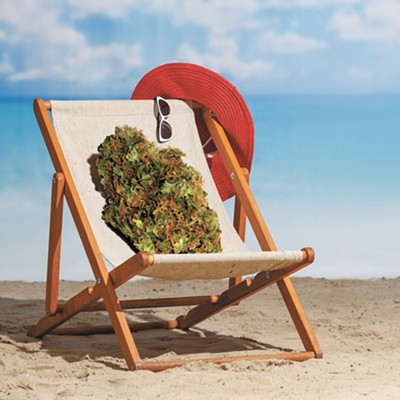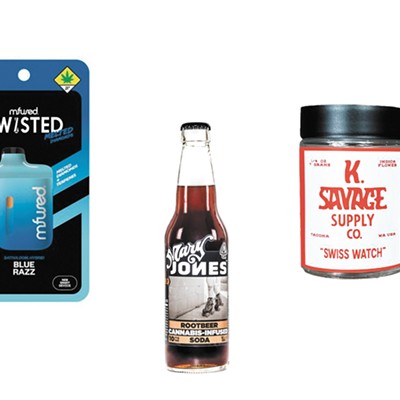Americans love endings (Y2K, Hale-Bopp, Scarface). We also can't resist a warm and fuzzy retrospective to honor said endings (victory parades, the Oscars, funerals). The shellacking that cannabis prohibition laws around the country received on Nov. 8 hinted at an even more momentous, now very plausible ending: that of the War on Drugs, or at least on marijuana. Here, then, is a compressed eulogy of sorts; a look back through the hazy lens of pot prohibition in the U.S.A.
Remember when the powdered-wig-wearing House of Burgesses in Jamestown, Virginia, passed a law in 1619 requiring planters to grow hemp, marijuana's THC-lite cousin (both are strains of cannabis sativa)? No? Or when World War II came knocking on our shores and the cannabis plant was again recognized as an indispensable industrial material for uniforms, parachute webbing, battleship towlines and canvas (derived from the Arabic word for "hemp")? Good times. As a 1942 federal government propaganda film proclaimed: "Hemp for Victory!"
Ah, but how quickly we forget. As Americans cashed in with hemp, Uncle Sam nervously watched its psychoactive relative grow in stature in jazz clubs and in upper-middle-class circles. "How dare you explore altered states of consciousness," threatened the bureaucrats, "and without our approval!" The Controlled Substances Act of 1970 made hemp and marijuana illegal and anyone in possession of it a criminal.
However, like the Temperance movement learned with the ratification of the 21st Amendment to the Constitution in 1933, "you can cut all the flowers but you cannot keep spring from coming" (Pablo Neruda). In 1996, California's Proposition 215 reintroduced (medical) cannabis into the mainstream narrative. Sixteen years later, cannabis was (re)legalized recreationally by the people of Colorado and Washington, and today the snowball has, in effect, become a snowman.
Just last month, for example, Puerto Rico (an unincorporated U.S. territory) issued an executive order, for government employees, to exclude cannabis from the list of controlled substances subject to drug screenings. And in a departing interview with Rolling Stone, President Obama admits the time is nigh for a reconciliation of state and federal laws, much like what resulted from Obergefell v. Hodges in the summer of 2015 concerning the issue of same-sex marriage.
"The universal and ever-present urge to self-transcendence is not to be abolished by slamming the currently popular Doors in the Wall," argued Aldous Huxley in The Doors of Perception. "The only reasonable policy is to open other, better doors." ♦




















